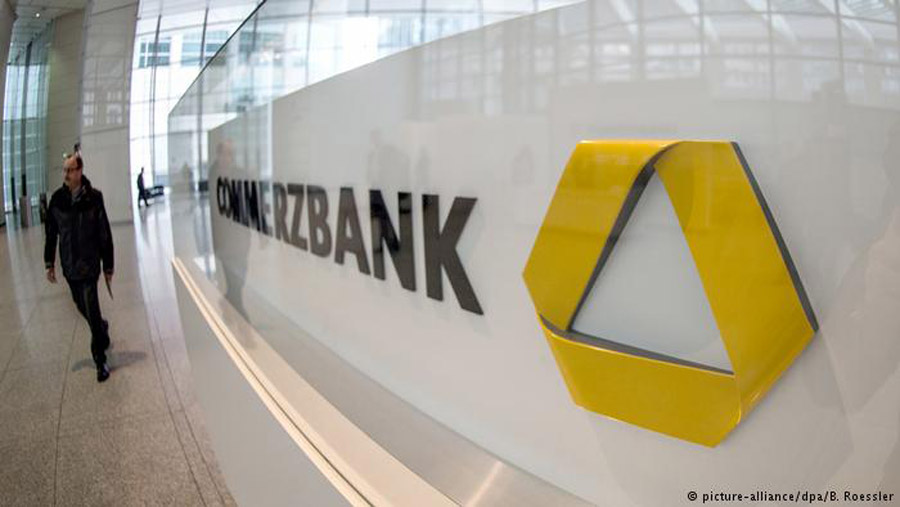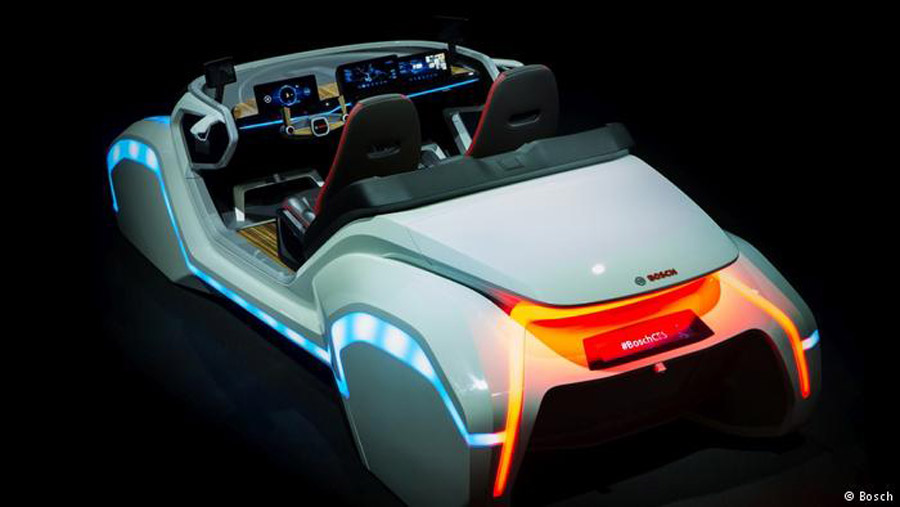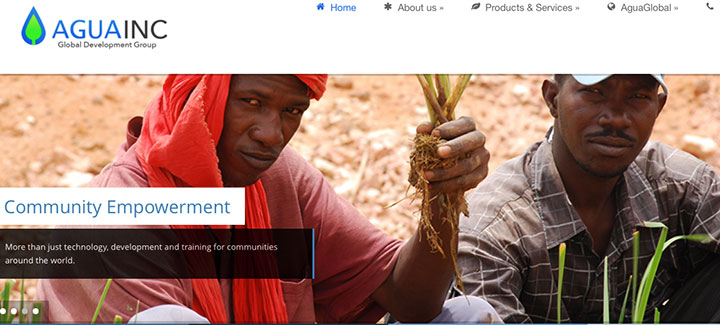Unreasonable At Sea: Cleaning Water With Plants (Part 2)

This article was first published on February 19th, 2014 on Techli.com and can be found here.
Welcome back to the Unreasonable At Sea series. In the opening article I described how this extraordinary endeavor came about. This week, I will dive a little deeper and introduce you to three of the eleven startups who used this one-of-a-kind opportunity to take their ventures to the next level.
The social entrepreneurs who sailed around the world hailed from ten different countries and ranged from turning pollution into money (Damascus Fortune) to producing medical devices for emerging markets (EvoTech) to a sustainable water treatment company called Agua, which will be in the spotlight today. Founded by Spaniard Pedro Tomas Delgado (“my English is bad, but my idea is good”), Agua improves people’s sanitary conditions around the world. Delgado and his team found a way to purify water with a special plant without the use of chemicals or energy. It is a viable alternative to conventional wastewater treatment, not just in the developing world, but also in Western countries like the U.S.
In Mali, the venture was able to reduce infant mortality by 75 percent and completely eliminate cholera by providing clean drinking water to more than 8,000 people. Thanks to them, 300,000 people in five countries have access to clean water.
Agua is a fine example of how social entrepreneurs focus on conserving resources. They understand that the developed world’s high standard of living is a waste-intensive, unsustainable lifestyle. As more and more people in the world can afford resource-intensive luxury goods, we need to find more viable ways to produce and to consume.
In September of 2013, the Spanish venture won 1st place at the New Hampshire Social Business Innovation Challenge. The award was awarded by none other than ur-social entrepreneur and Nobel Prize Laureate Muhammad Yunus.
As you can see, Agua is not your typical Silicon Valley startup (but the Unreasonable Institute is not your ordinary accelerator, either). So what exactly makes social entrepreneurship different from other business models?
Social entrepreneurs are individuals whose customers are not wealthy Western people but those living at the bottom of the pyramid (BoP) in developing countries. Their products and services are not sophisticated gadgets but affordable, practical and ecofriendly tools and solutions. It is not their goal to make people’s lives easier and more comfortable, but to help the poor and the disadvantaged. To these nonconformists, success is not making an exit but to empower as many people as possible. In short, a social entrepreneur is a mixture of Richard Branson and Mother Theresa.
Social entrepreneurs also exemplify a new mindset in regards to making money: they believe that being profitable and creating social value is not mutually exclusive; rather, both aspects can go hand in hand. In fact, profitability is a must if they want their companies to be scalable and have the highest impact possible (which, in turn, allows them to sell their products even cheaper). There are many examples of companies who sell their products at an extraordinary low price and are still highly profitable. And they have to, given that people at the BoP don’t have a lot of buying power individually. In other words: social entrepreneurs don’t focus on maximizing profits but on maximizing impact.
As you were able to see, companies like Agua throw previous notions and procedures over board in favor of a radically different approach that is innovative, sustainable and consumer-centric. In doing so, social entrepreneurs set trends and demonstrate how businesses must operate in the emerging markets of the 21st century.
Next time I’ll introduce you to a Botswana-based a startup, whose mission is nothing less than to make people around the world hear again.
Tags
Agua, BoP, Botswana, bottom of the pyramid, business accelerator, Damascus Fortune, EvoTech, Mali, Mother Theresa, Muhammad Yunus, New Hampshire Social Business Innovation Challenge, Nobel Prize, Pedro Tomas Delgado, Richard Branson, Semester at Sea, Silicon Valley, social entrepreneurship, Unreasonable Institute, UnreasonableatseaRecent Posts
 Deutsche Welle – German bank blacklist of Yemeni nationals widensbenjamin - 02 May
Deutsche Welle – German bank blacklist of Yemeni nationals widensbenjamin - 02 May Deutsche Welle – The future of driving is (almost) herebenjamin - 02 May
Deutsche Welle – The future of driving is (almost) herebenjamin - 02 May A Reading Guide to the Accountability of Humanitarian Aidbenjamin - 02 December
A Reading Guide to the Accountability of Humanitarian Aidbenjamin - 02 December

